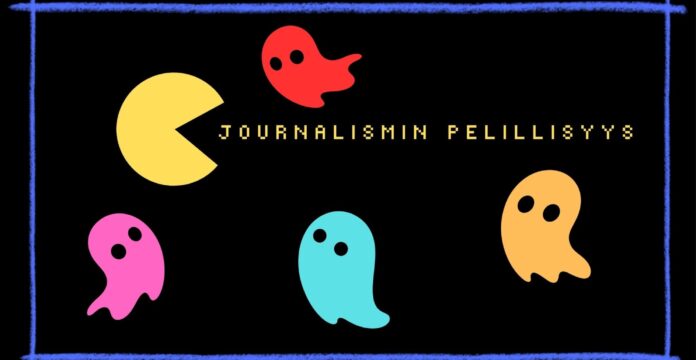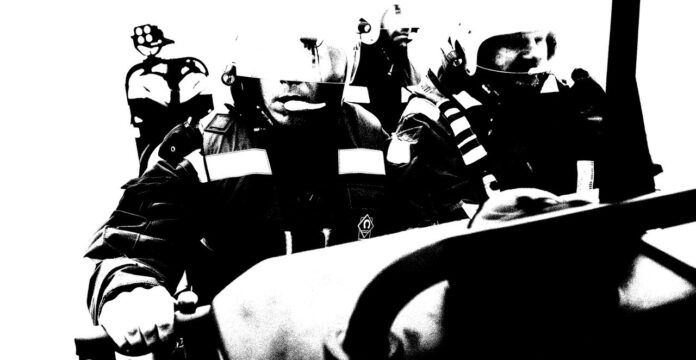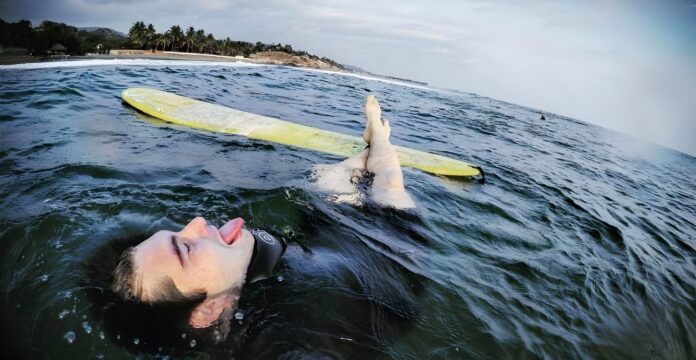Early on, after having started working as a university teacher in music education, my colleagues started asking me when I was going to start my doctoral studies. My first reaction was, “Whoa, wait a minute! I have no plans of writing a dissertation, and I’m not even interested in that.” There was also the fact that after having become disillusioned with my previous studies in engineering a decade and a half ago, I had decided to ‘escape’ the boring academic world by starting serious studies in music and singing. I had no intention of returning to sitting at a desk reading books!
On the other hand, later having ended up – after working as a professional singer for a decade – as a teacher at the university, I had noticed that I did have a certain talent for quickly absorbing large amounts of information in order to prepare lectures and self-study material for my students. And strangely enough, some of my colleagues and friends who had embarked on the doctoral journey kept saying, “If anyone’s got the talent and the know-how to do a doctoral dissertation, it’s you!” I asked, why they thought this was the case, and they pointed out that wasn’t I the guy who always had his nose in a book, reading non-fiction literature in English. Having thought about this some more, I realized that they had a point – maybe my personality and my experiences could make me a good researcher, after all!
This led to more serious mulling over the various aspects of doctoral studies. One thing, perhaps the most important one, was motivation. What would motivate me to do this kind of enormous project for several years?
I had a hunch that many of my colleagues were doing it because of advancing their careers. Did I want to ‘move up the ladder’ with the goal of becoming a professor one day? “Nah”, I thought, “I don’t have that in me.” I was happy with my job as it was, and I didn’t feel any eagerness or motivation to pursue an academic career. Some colleagues apparently started their dissertations just because they were so passionate about their subject, and because they wanted to ‘make things better’. “Well”, I thought, “that’s at least a more noble cause than advancing your academic career”. Did I have that in me? Was I passionate about my subject (music education), and did I want to make music education better? These questions, as they run through my mind, produced a moment of self-realization. I realized that since I did neither have a will for an academic career nor a passion to improve music education, there was no honest and clear reason why I would ever write a doctoral dissertation. So, I abandoned the idea of doing it, and for the next couple of years, I didn’t even think about it.
Then a strange thing happened. After having worked for several years as the university teacher I was, I started noticing how the need to improve my teaching grew stronger each year, and how I, without thinking about doctoral studies at all, had started focusing on a particular problem in music education that I wanted to improve – that I felt crucial to make better! That particular problem had to do with how little elementary students were helped with their singing, which I had noticed during my regular visits to the local schools. I had also noticed how teaching singing, which was ‘second nature’ to me, was actually a very difficult task for my teacher students. Out of curiosity, and supported by a strong motivation to find a solution to this problem, I started sketching various ideas. After some time, as these ideas kept ‘boiling in my head’, I realized that the prospects of improving the vocal pedagogy in schools would be much greater if I’d actually ‘give my all’ to this thing and do things in a proper and serious way by…writing a dissertation!
As I started writing my first research proposal I noticed that by having read all those non-fiction books, many of them on the subject of vocal science, I actually had a lot of information ‘in my head’ that I just had to transfer into writing. Furthermore, my long experience as a singer and a singing teacher also ‘came in handy’ while researching because based on my experiences, I knew what to look for, and I knew which pieces of information were actually helpful to my cause. This reminded me of something I keep reminding my students in music education of: first practice, then theory. This means that the best way to learn musical concepts is to first do them in the form of some (preferably bodily) activity, and only after this has been done, present the concepts in a theoretical form (as with e.g., rhythm notation). In other words, I’d done the practice, and now I was ready for the theoretical part! And, what also was curious, was that since my proposed solution to the problem outlined above included a lot of technical craftsmanship, my previous engineering studies suddenly became relevant and useful again. Weird!
In retrospect, it feels like my journey of becoming a doctoral student already started decades ago when I read my first non-fiction books in English. Looking back it also appears that the know-how I’ve gathered in various subjects during my long journey all fit to my new role as a researcher. The puzzle pieces have slowly come together, and now is the time to make the image whole!
Mikael Pennanen-Dahlbäck
M.Mus, university teacher in music education
Åbo Akademi University
Faculty of Education and Welfare Studies
Field of study: vocal pedagogy (in schools)





Thank you Mikael for sharing your story! It was very interesting and encouraging! So good points! I have had the same feelings (including the motivation) and I have had to discuss of these a lot with myself. How for example will I really keep myself motivated in the middle of everyday life. I mean I’m not even that girl who would spend her time with books – reading non-fiction literature in English (I’m not at all). Sometimes we still find ourselves from the situation which we would not have imagined. Anyway it’s comforting to notice that someone else go through similar thoughts.
Thank you Mikael for sharing your story. The discussion of motivation is interesting. I also have has to discuss of these with myself like Jonna. I think – to have meaning in your life is better than to have what you want, because you may neither know what you really need or want. Meaning signifies that you are right place , at the right time – properly balanced between order and chaos.
Good luck to your journey
I found your story quite intriguing, particularly in regards to the motivation behind pursuing doctoral studies. It’s interesting to note that external factors didn’t play a role in your decision to pursue a PhD. Instead, it was your own hands-on experience in teaching that led you to identify room for improvement in music education, which inspired you to pursue doctoral studies as a means of addressing this issue. This reminds me of opportunity entrepreneurship, where entrepreneurs identify gaps in an industry and start businesses to fill them. I think it would be fascinating to learn more about the motivations behind pursuing a doctoral degree. Best of luck with your studies, Mikael!